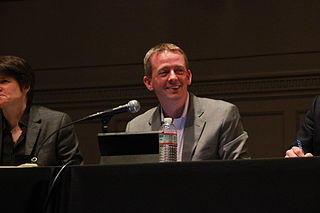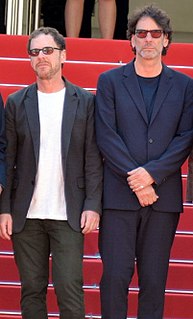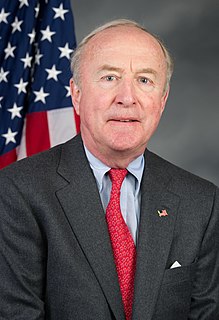A Quote by Alex Horne
There's a sort of unwritten rule that the more elaborate the task is, the less likely it is to work. If we spend a lot of money on a big prop, it almost certainly won't make it.
Related Quotes
I see that things are getting made a lot faster for less money and there are a lot less opportunity, I think, for actors. There's not a lot of work in the U.K. I mean, that's why everyone's moving to America because that's where the work seems to be. But it definitely feels like a lot more of a slog to get a gig these days. I suppose that's a lot to do with our current climate and financial messes. I certainly see that people seem to have to work harder with a lot less time.
Our task is not to find the maximum amount of content in a work of art, mush less to squeeze more content out of the work than is already there. Our task is to cut back on content so we can see the thing at all. The aim of all commentary on art now should be to make works of art - and, by analogy, our own experience - more, rather than less, real to us.
When I decided to be a musician I reckoned that that was going to be the way of less profit, less money. I was sort of giving up the idea of making a lot of money. It was what I loved to do. I would have done it anyway. If I'd had to work at Taco Bell I'd have still been out at night trying to play music.


































